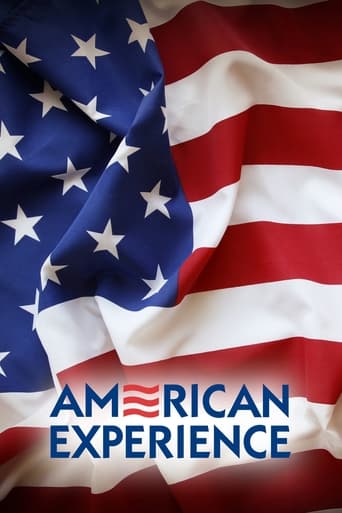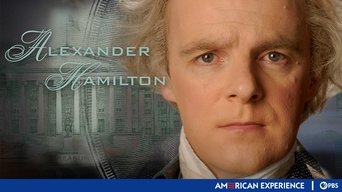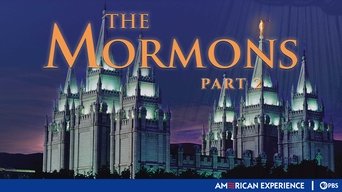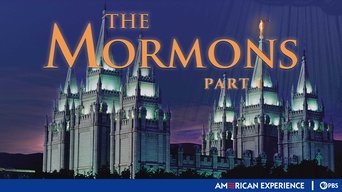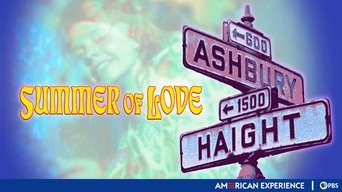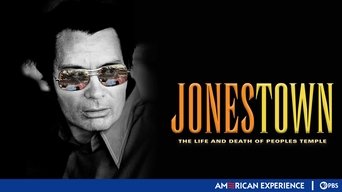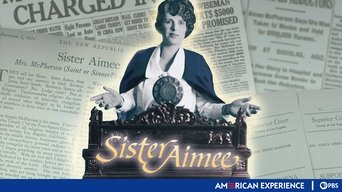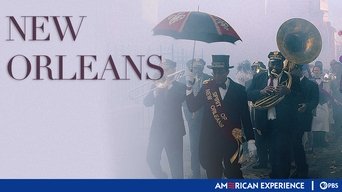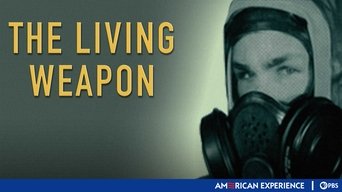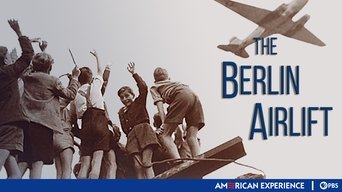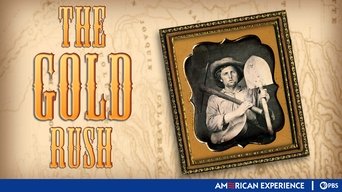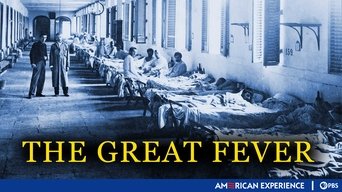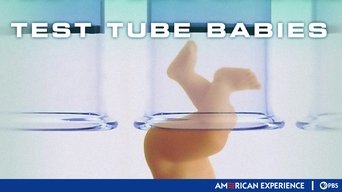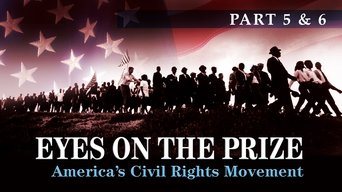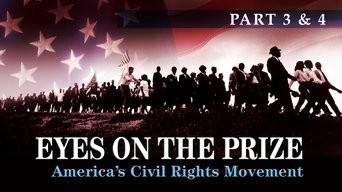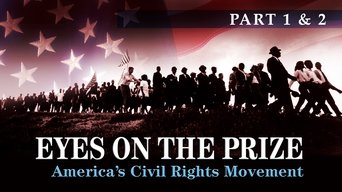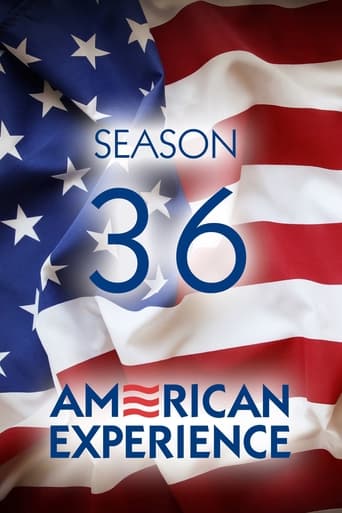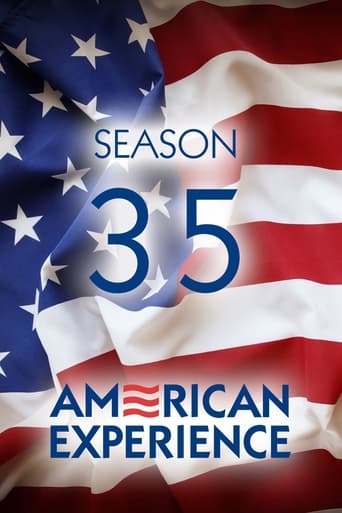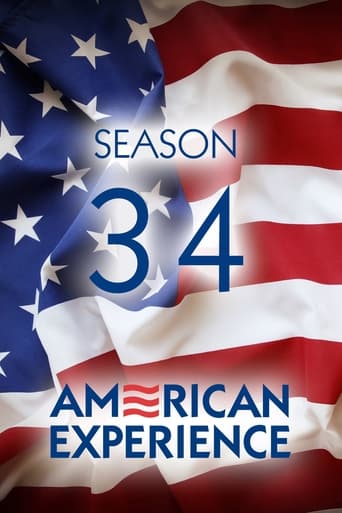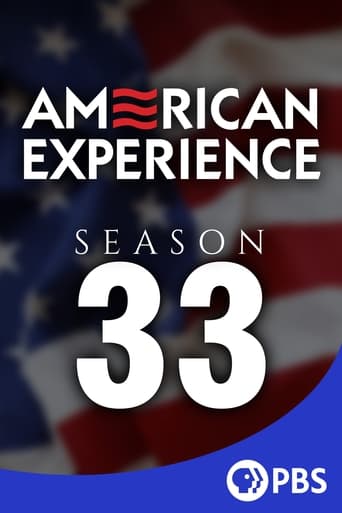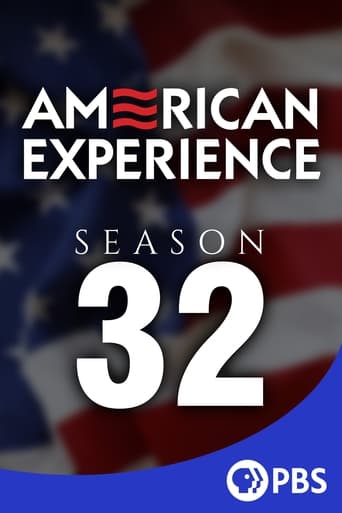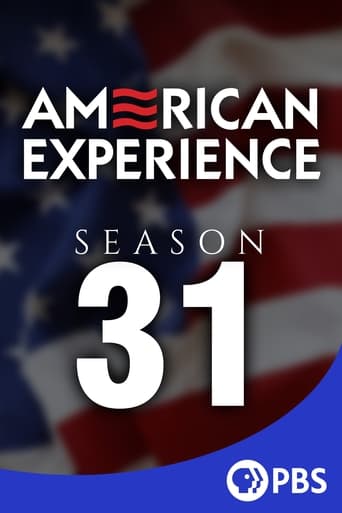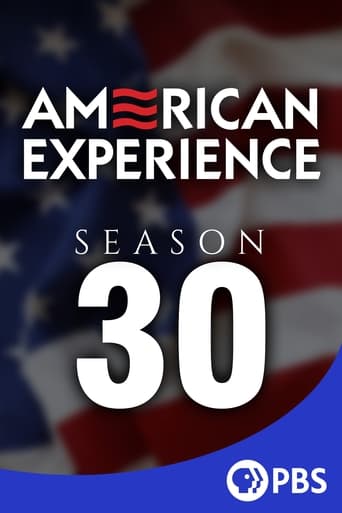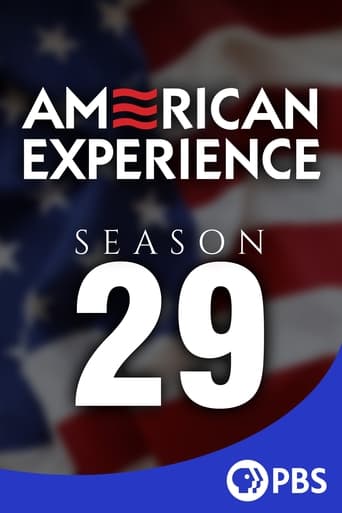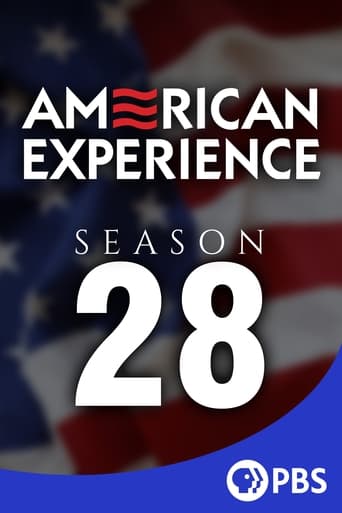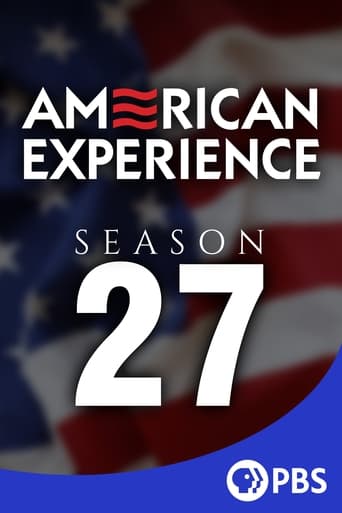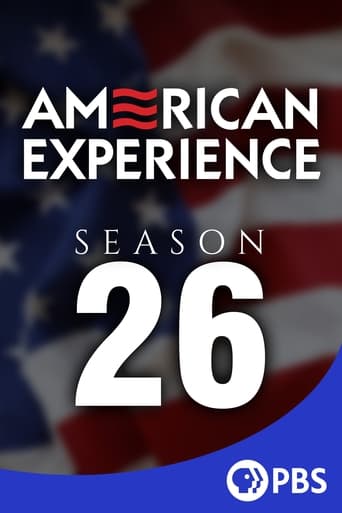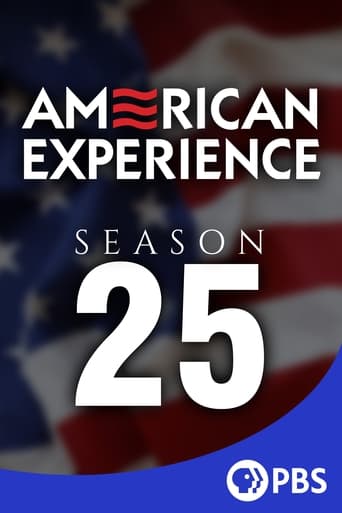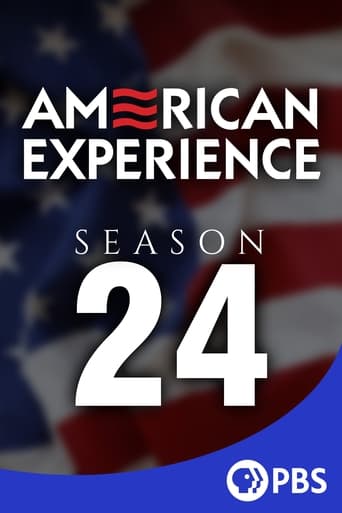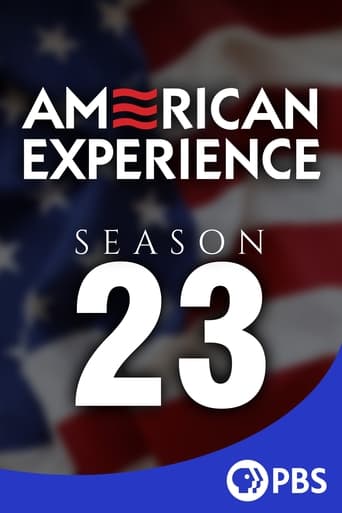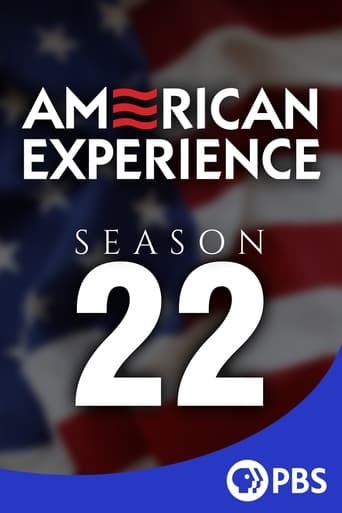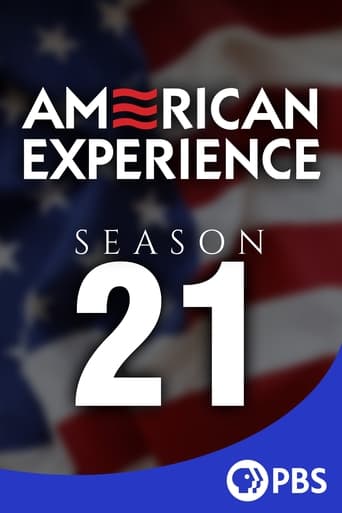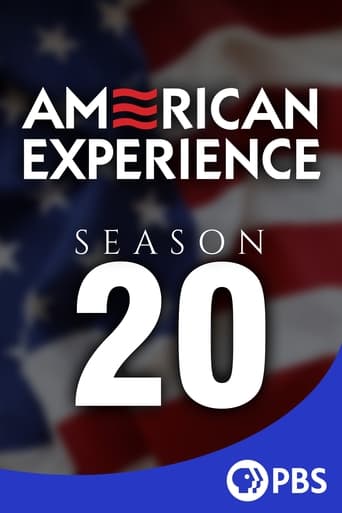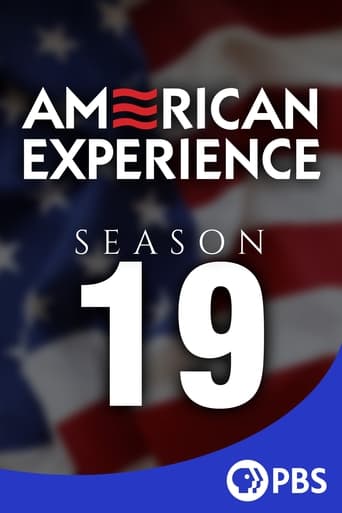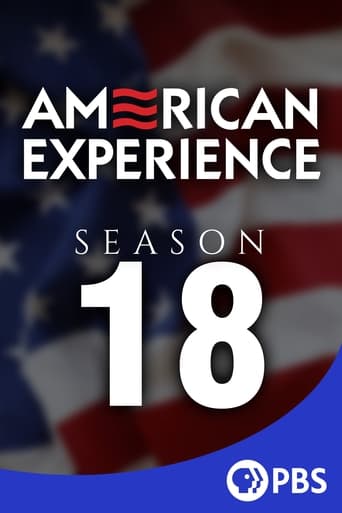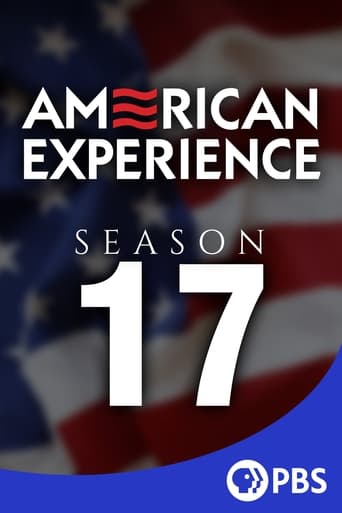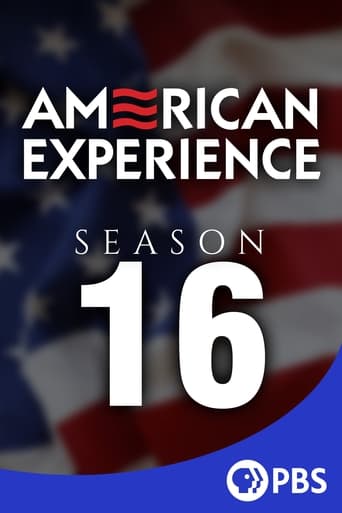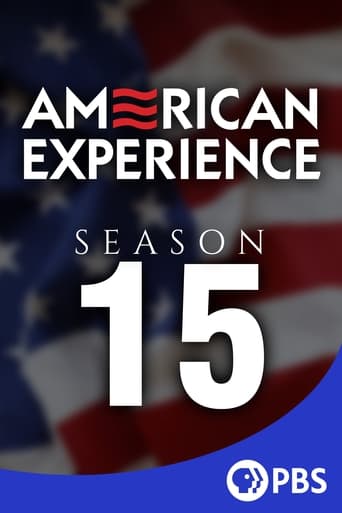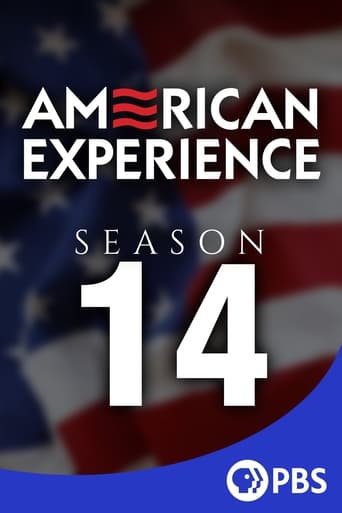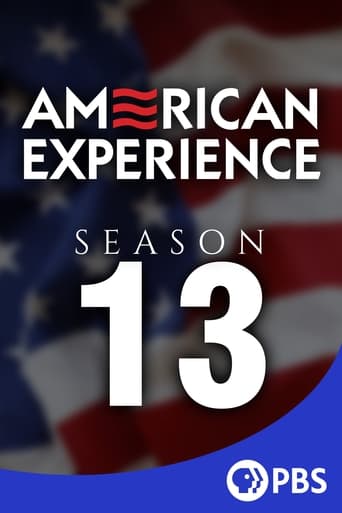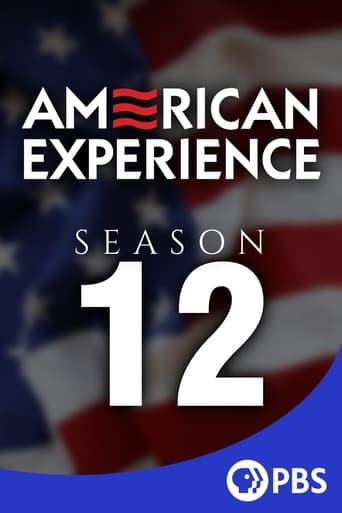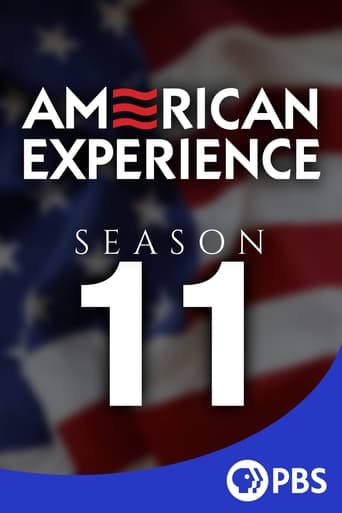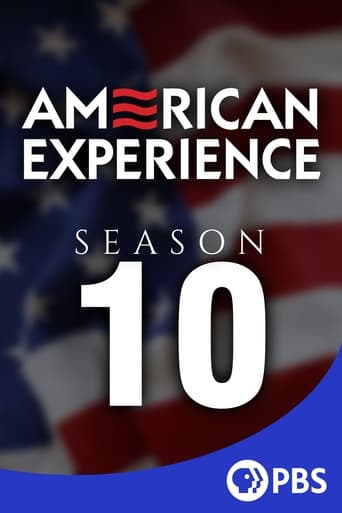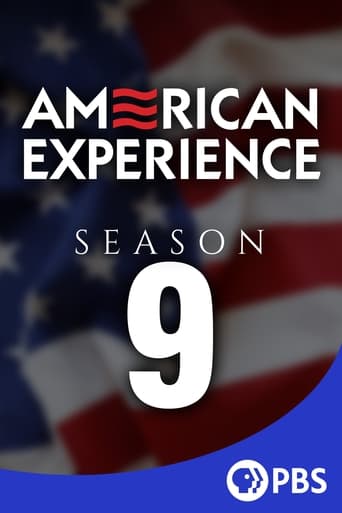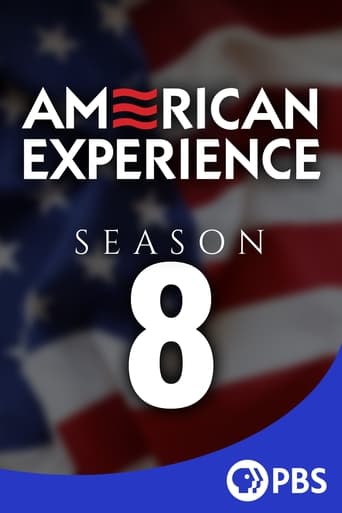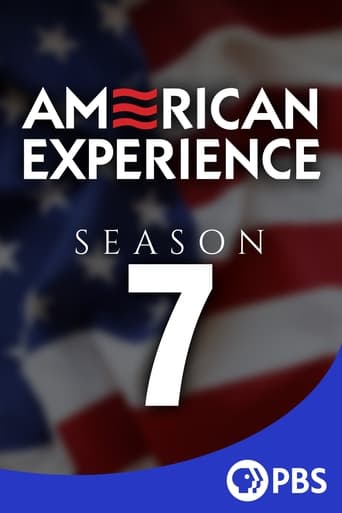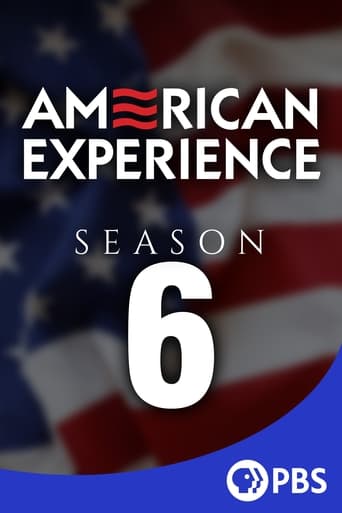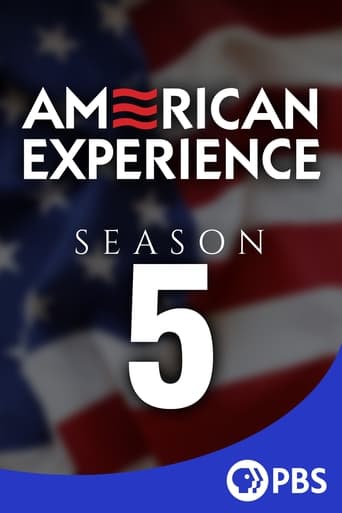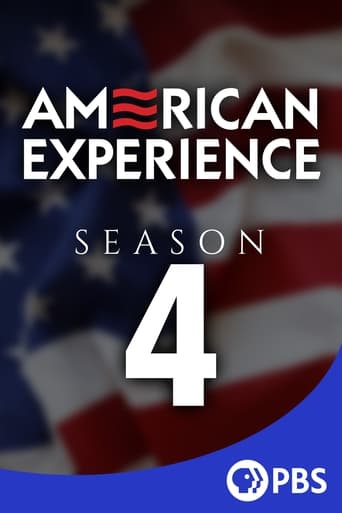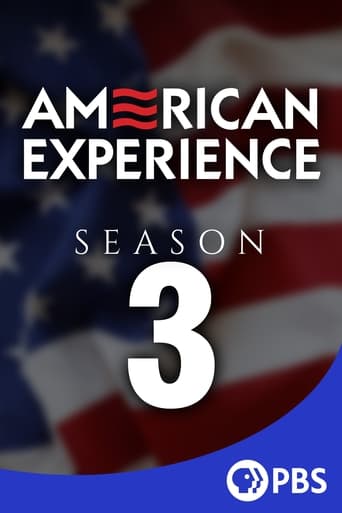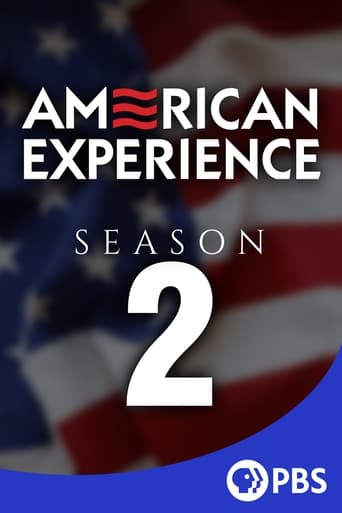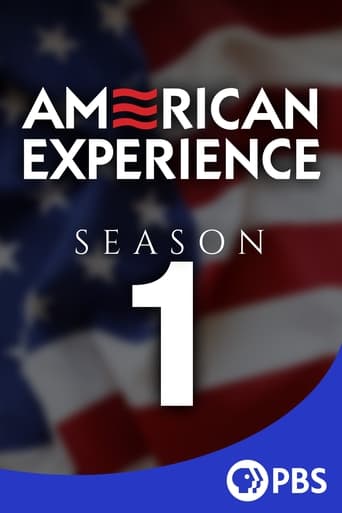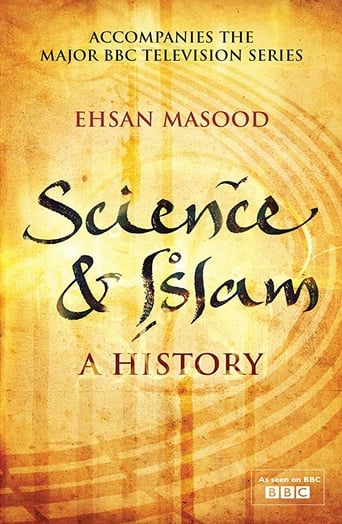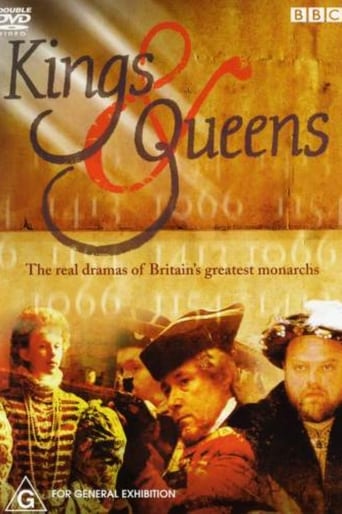American Experience Season 19
TV's most-watched history series brings to life the compelling stories from our past that inform our understanding of the world today.
With 30 Day Free Trial!
American Experience
1988 / TV-PG
TV's most-watched history series brings to life the compelling stories from our past that inform our understanding of the world today.
Watch Trailer
American Experience Season 19 Full Episode Guide
A profile of Alexander Hamilton, the nation's first treasury secretary and a leading force in the post-Revolutionary War push for a Constitution and strong central government. Included: his role in writing the influential "Federalist Papers," establishing the first national bank and a national currency; and his death in the infamous duel with Vice President Aaron Burr. Also, insights from Hamilton biographer Ron Chernow; and historian Karl-Friedrich Walling.
An examination of the modern-day LDS Church, including its missionary program; how its followers have entered into the American mainstream; Mormon theology and rituals; and how members who either challenge church doctrine or don't follow it may be excommunicated. Included: the church's views on homosexuality; and its stance against the Equal Rights Amendment.
Historian Sarah Barringer Gordon says of the LDS Church "that from the moment of its birth, Mormons were under a kleig light." This insightful documentary explores the religion's roots, from prophet Joseph Smith's 1827 discovery of the golden plates that formed the Book of Mormon to the cycle of persecution and exodus that followed the religion's adherents for much of the 19th century. Included: a look at the practice of plural marriage; comments from church elders and scholars.
In 1967, San Francisco's Haight-Ashbury district became a mecca for young people seeking free music, free love and cosmic oneness, but quickly became home to rampant drug abuse, food shortages and STDs. Included: the cultural and social forces that spurred people to migrate to the Haight; and comments from music critic Joel Selvin, actor Peter Coyote and former mayor Willie Brown.
Examines the story behind the November 1978 mass murder-suicide in Jonestown, Guyana, where more than 900 people were led to their deaths by cult leader Jim Jones. Included: comments from Jones' son, Jim Jr.; survivor Stanley Clayton; and Hue Fortson, whose wife and child died in the incident.
A profile of Sister Aimee Semple McPherson (1890-1944), a popular Pentecostal evangelist during the 1920s and '30s. Included: comments from biographer Matthew Avery Sutton, author Daniel Mark Epstein, and Boston University religion professor Stephen Prothero.
A history of New Orleans, from its origins as a French settlement to its post-Katrina present. Included: archival photos and film footage; and comments from New Orleans historians, residents and scholars on subjects like the birth of jazz, the city's struggles with integration and segregation, the white flight to the suburbs in the 1950s and the return of Katrina survivors.
"The Living Weapon" explores the history of America's biological-weapons program, which began in 1942 with a group that worked parallel to the Manhattan Project, and continued to 1969, when President Nixon terminated it. Included: comments from Bill Patrick, the program's chief of product development; bioweapons historian Norman Covert; biowarfare expert Martin Furmanski; historian Brian Balmer; Jeanne Guillemin, senior adviser to MIT's Security Studies Program.
One of the first skirmishes of the Cold War, the 1948-49 Soviet blockade of rail and road traffic to and from West Berlin, is recalled. The U.S. and its allies responded with an airlift of food and supplies to residents. Included: archival footage; and comments from mission pilots and some of the civilians who received aid.
A vibrant retelling of the mania that followed the discovery of gold in San Francisco in 1848. "Next to the Civil War in the 19th century," says historian J.S. Holliday, "no other event had a greater impact." The focus is on five real-life adventurers, including a down-on-his-luck Chilean aristocrat; a New York blacksmith who leaves his family in hopes of striking it rich; and a determined Missouri woman.
The history of yellow fever, and how it was determined that the disease was transmitted by mosquitoes. Included: the work of Carlos Finlay, the Cuban physician who found the link to the insects; how Finlay's theory influenced Jesse Lazear and James Carroll, scientists who were part of Walter Reed's team after Reed was sent by the U.S. to Havana to find the cause of the disease when American troops were sent to Cuba following the Spanish-American War.
History of in vitro fertilization, traces IVF from an early success with rabbits to the present. Included: controversy and setbacks; the 1978 birth of Louise Joy Brown, the first IVF-born baby; the birth of America's first test-tube baby, Elizabeth Jordan Carr, in 1981. Also: comments from scientists, a couple involved in a lawsuit against a hospital.
Conclusion of the 1987 documentary “Eyes on the Prize.” Included: events of 1963 and '64, when Mississippi became a battleground in the civil-rights movement; the 1963 assassination of Medgar Evers; the 1964 black voter-registration drive; the march for voting rights from Selma to Montgomery.
Part 2 of the 1987 documentary "Eyes on the Prize." Included: the 1960 Greensboro, N.C., lunch-counter sit-in; the Student Nonviolent Coordinating Committee; the rise of mass demonstrations in the civil-rights movement; Martin Luther King Jr.'s I Have a Dream speech; children's marches in Birmingham, Ala.
Part 1 of 3 of the award-winning 1987 documentary "Eyes on the Prize." Included: profiles of Mose Wright and Rosa Parks; conflicts sparked by the Supreme Court's 1955 ruling that schools should be integrated; James Meredith's efforts to enroll at the University of Mississippi in 1962; and newsreel comments by former Mississippi senator James Eastland.
Free Trial Channels
Seasons



